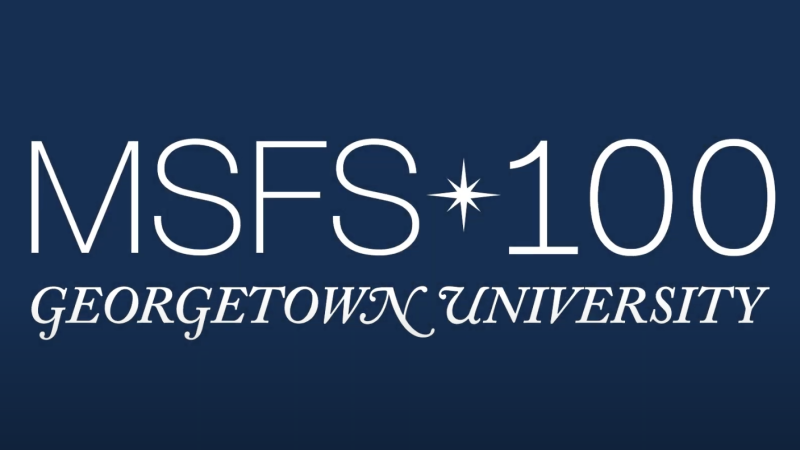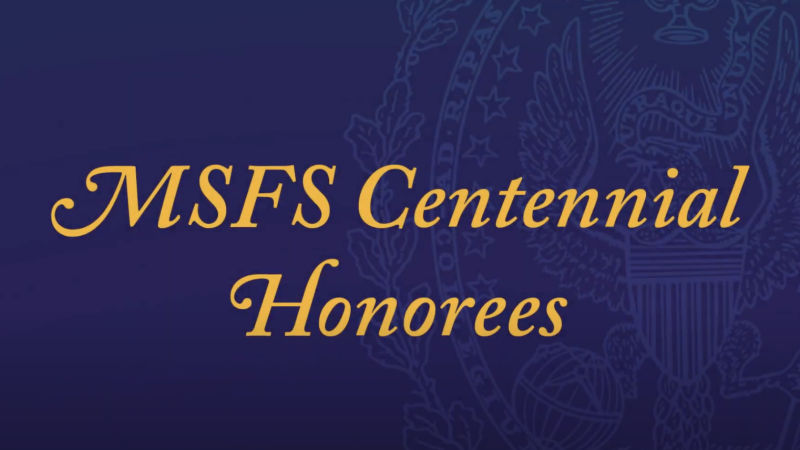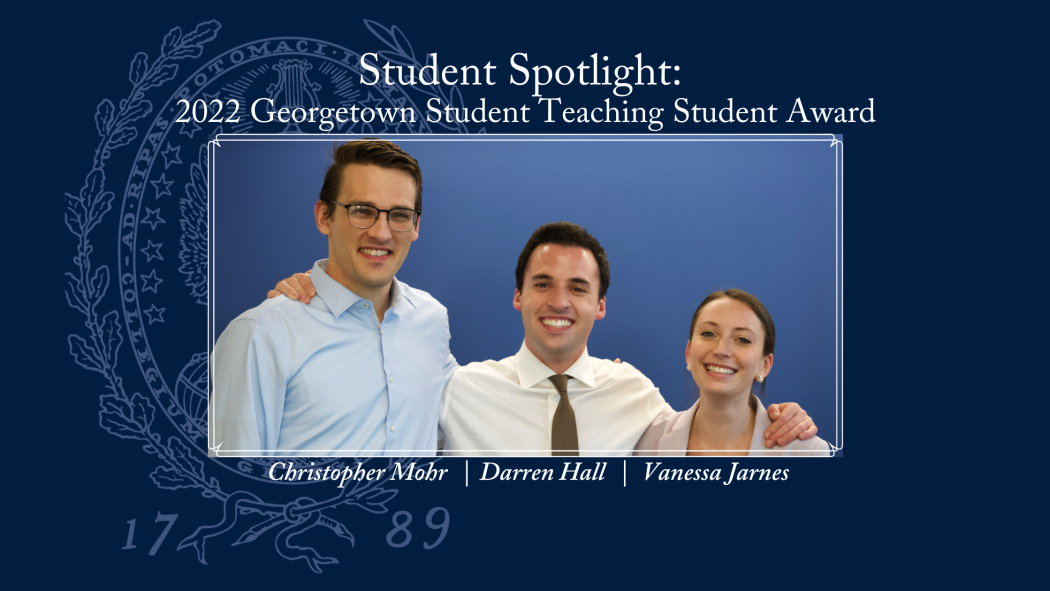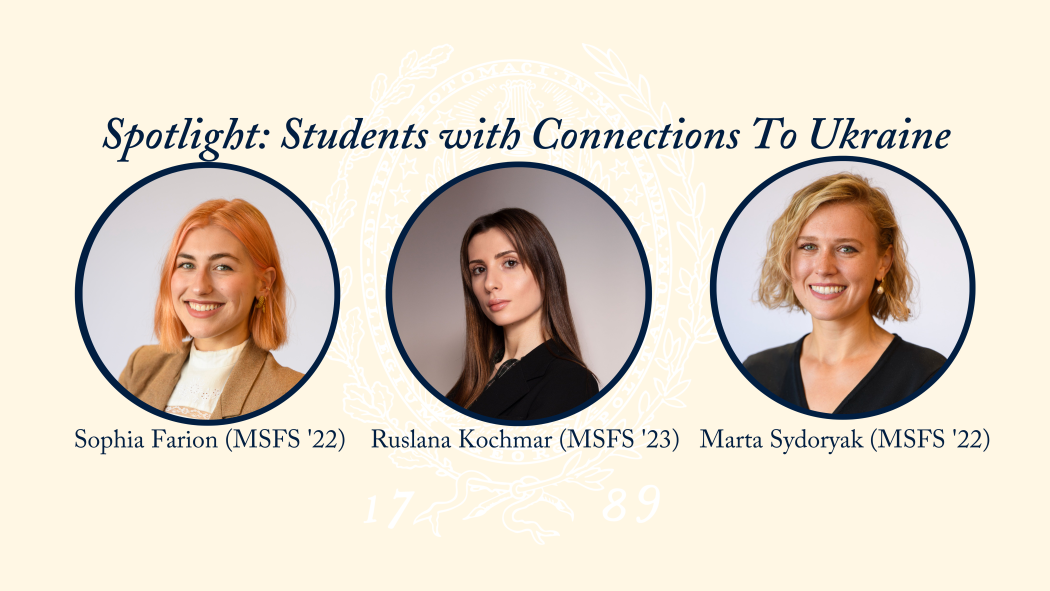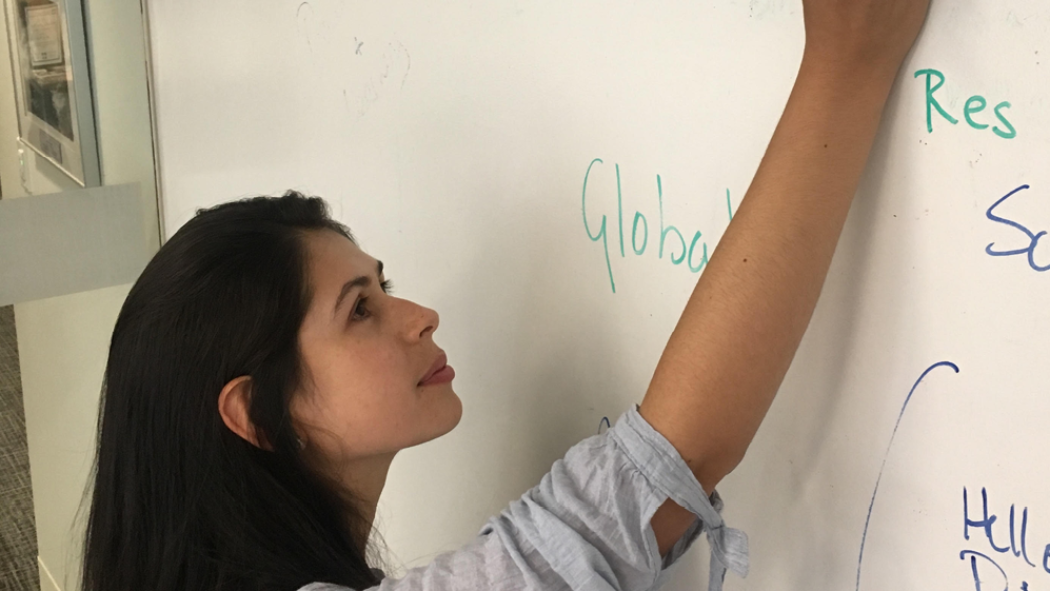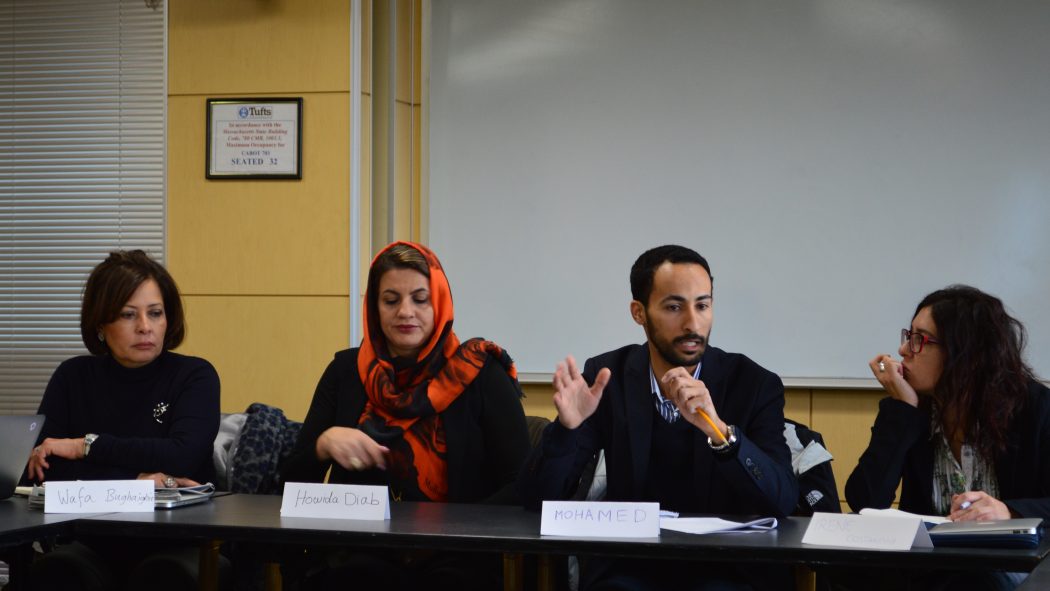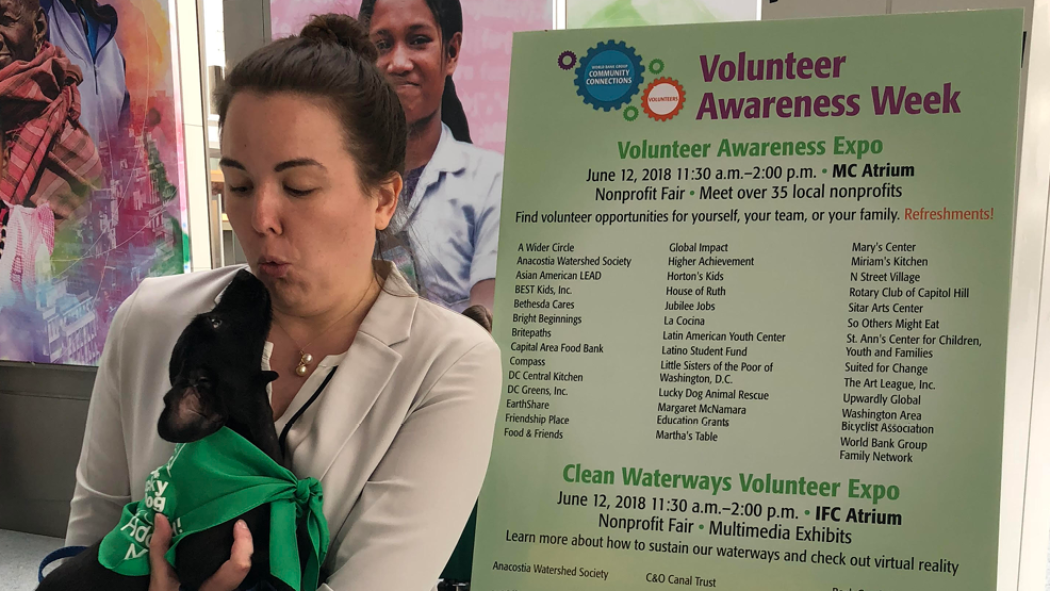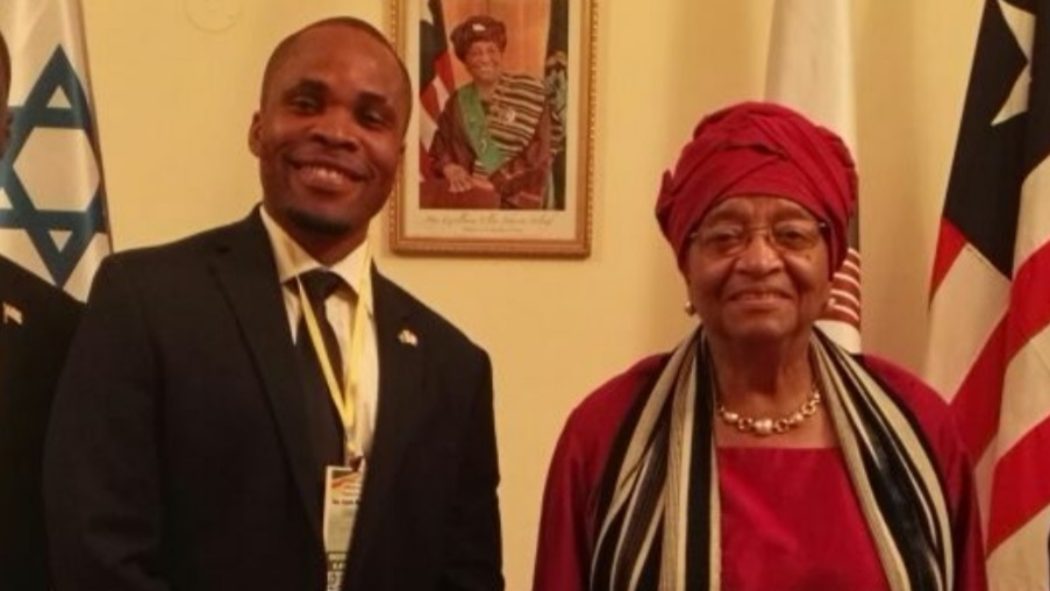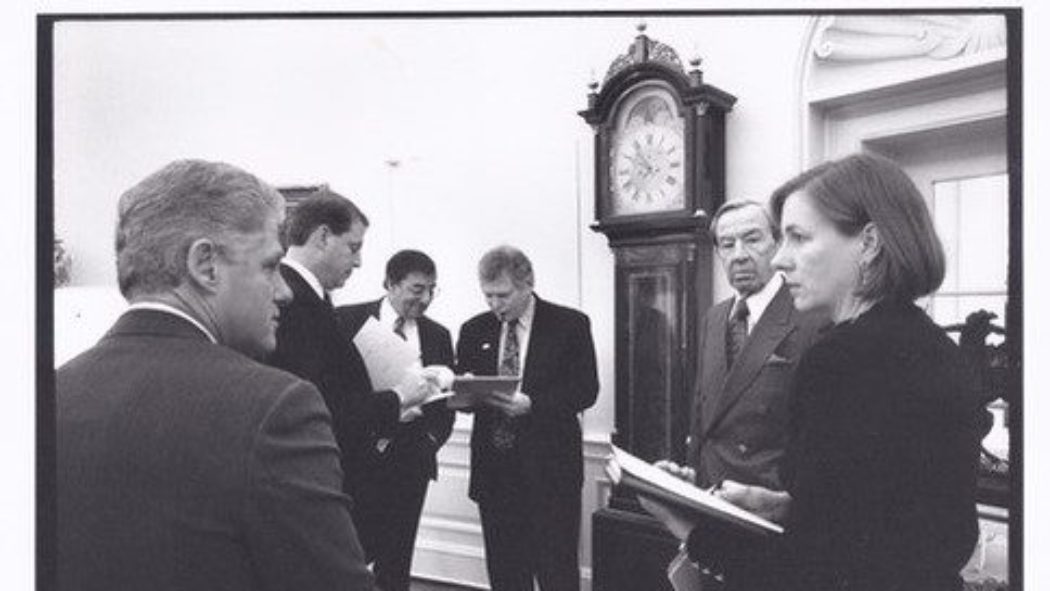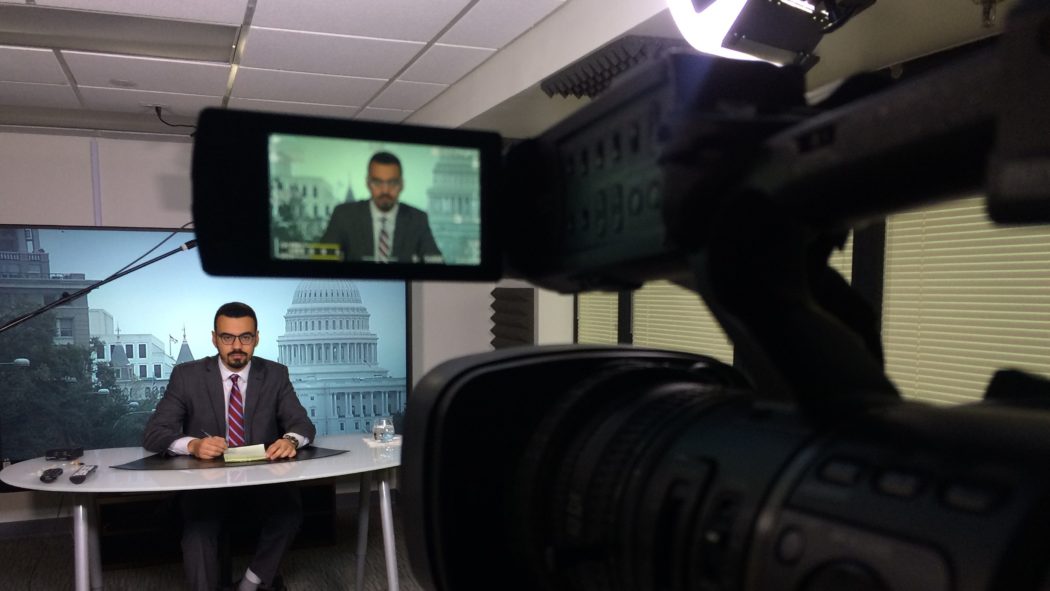Get to Know MSFS
MSFS conferred the country’s first graduate degree in international affairs in 1922. Since then, our program has produced thousands of graduates who have applied our values of principled leadership, creative thinking, ethical practice, and a commitment to service to some of the last century’s most pressing global issues.
Our Mission
MSFS Seeks to educate and equip the next generation of international affairs leaders in the public, private, and non-profit sectors. To that end, MSFS offers a multidisciplinary curriculum, emphasizing both theory and practice, drawn from international relations, economics, and history. MSFS encourages the Jesuit values of service, ethics, leadership, creativity, and inclusivity to make a more just, peaceful, prosperous, and free world.
A trailblazer in international affairs, Georgetown’s Master of Science in Foreign Service (MSFS) program celebrates 100 years of serving the world. In this video, students and SFS leaders highlight the history, mission, community and far-reaching contributions of MSFS alumni as the world faces a new set of challenges that graduates will encounter in the century to come.
The MSFS Centennial Awards recognize a small group of distinguished alumni, thought to have best embodied the program’s guiding principles of leadership, creativity, ethics, service and inclusion. The MSFS Centennial Gala on December 2, 2022 honored six MSFS alumni: Ragnheiður Elín Árnadóttir (MSFS’94), Ambassador Marcia Stephens Bloom Bernicat (MSFS’80), Nicole Bibbins Sedaca (MSFS’97), Raja Karthikeya Gundu (MSFS’09), Michael Samway (SFS’91, MSFS’91) and Paula Gene Loyd (MSFS’04).
What is “foreign service”?
The term Foreign Service refers to service to the world. This includes service to people, governments, private sector organizations, NGOs, and other entities that are engaged in or affected by international affairs. The SFS and MSFS predate the creation of the United States Foreign Service. MSFS is proud to educate future Foreign Service Officers, and professionals across the full scope of international affairs, for the United States and other countries. It is equally proud to educate active global citizens regardless of the sectors or countries they operate in.
What service does MSFS provide?
MSFS provides professional education and training services designed to enable all members of our community and those who interact with us to better understand and address challenges and opportunities in international affairs.
MSFS Provides a Thorough and Adaptive Education
MSFS offers an academic curriculum designed to provide our graduates with a theoretically and empirically informed understanding of international relations, history, and economics. Foundational courses in international relations, history, and economics are complemented by specialized courses in substantive areas critical to students’ self-selected areas of concentration. These include gateway courses in Global Politics and Security (GPS), International Development (IDEV), Science, Technology and International Affairs (STIA), and Global Business, Finance, and Society (GBFS).
Our academic goal is to provide a foundation that enables students to think critically, systematically, and ethically to better understand the world they are living in as well as emerging challenges and opportunities. To succeed, the curriculum must be adaptive. The value of the required foundational and gateway courses remains consistent over time, but the content of each course and the selection of specialized electives change in response to evolving knowledge and understanding, as well as contextual changes in local and international affairs. Faculty teaching core courses meet annually to share insights and coordinate their syllabi. Syllabi are also periodically reviewed by members of the leadership team and other groups.
MSFS Provides Training in the Tools Needed to Succeed
MSFS provides training in a range of professional and leadership skills, analytic tools, and problem-solving techniques that students will need to overcome challenges and lead people effectively. Professional ethics and leadership are taught using a combination of classroom and experiential techniques. Training in foreign languages and statistical analysis is supplemented with other programs outside MSFS. These courses are complemented by a series of new and specialized data visualization and data management skills. Problem-solving techniques include specialized training on impact evaluation and other assessment tools.
MSFS Enhances Students’ Resilience and Bolsters Problem-Solving Capabilities
The MSFS enhances students’ resilience and problem-solving abilities by designing a program that encourages students to assimilate and put the theory, skills, and values they learn into practice. The objective is for students to apply the full scope of their education, skills, and understanding of MSFS values to inform how they engage others and take on the challenges and opportunities. This begins by encouraging students on day one to consider what foreign service means to them, what goals they want to achieve while in MSFS, and how their curricular and extra-curricular experiences can help them bring their goals to fruition.
Members of the MSFS community share how the program prepares students to tackle the biggest global issues of today and the future.
